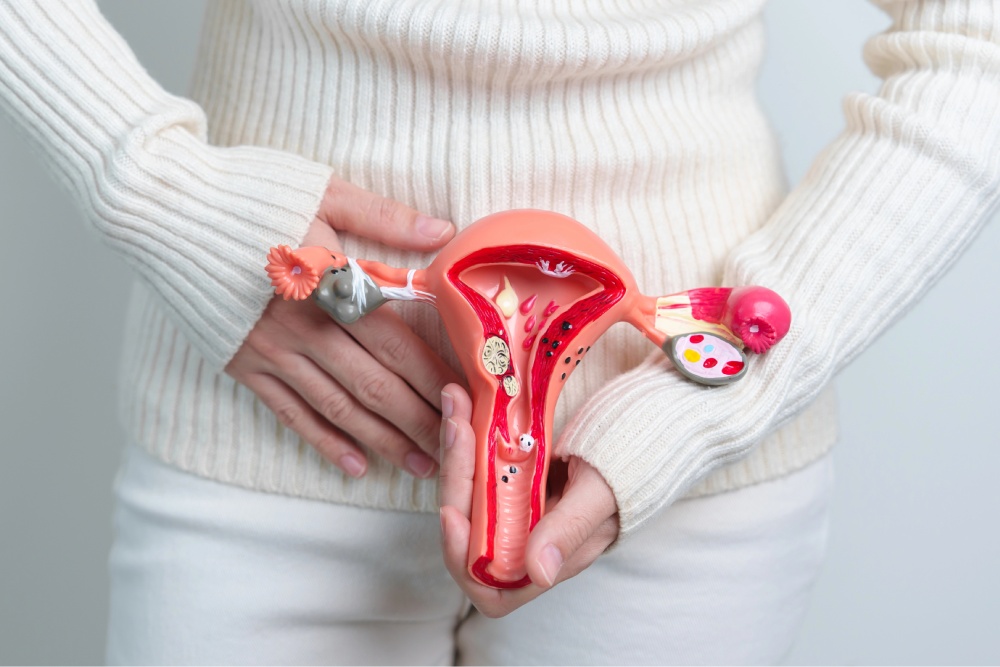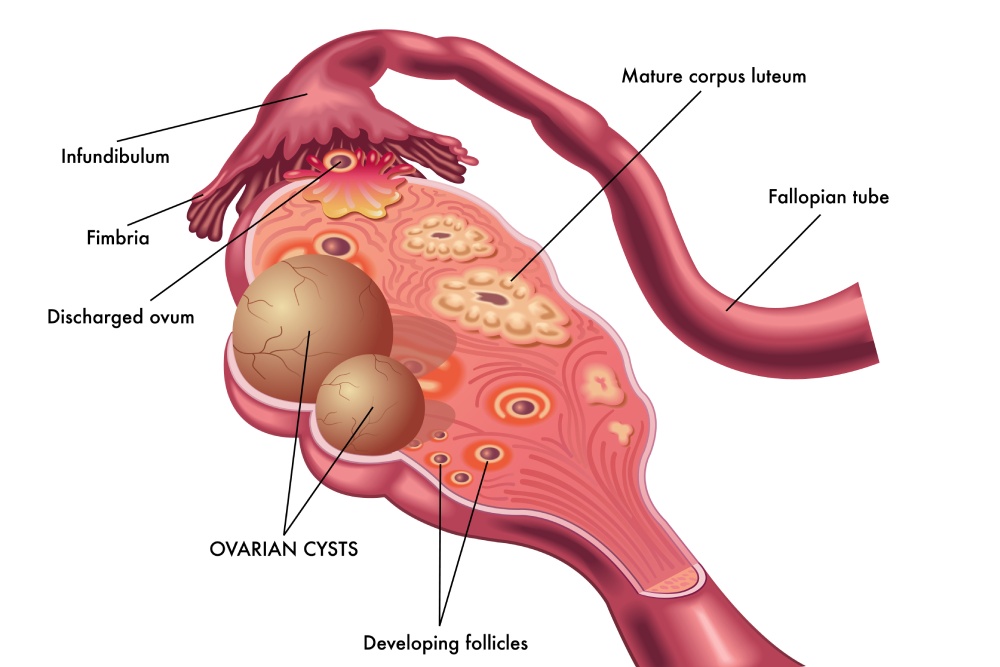
Surgical Solutions: Exploring Hysterectomy As A PCOS Treatment
Polycystic Ovary Syndrome affects millions of women worldwide, often bringing challenges like irregular periods, hormonal...
Read MoreBreast cancer is the second-most common cancer affecting American women. In fact, 1 in 8 women receives a breast cancer diagnosis in her lifetime. To protect your health, preventive care is important.
Women over 45 and those with a family history of breast cancer should get mammogram screenings regularly. Mammograms are one of the best ways to detect early signs of breast cancer, when it’s most treatable.
But if you’ve had a mammogram and were told that you have dense breasts, you might be wondering what that means for your health. Our OB/GYN team at The Women’s Center can help you understand your risk of breast cancer.
Dense breast tissue often makes mammogram screenings less effective, because the tissue is hard to see through. But does having dense breasts mean you’re more likely to develop breast cancer?
Breasts consist of three types of tissue. Fibrous tissue holds the breast in place, glandular tissue creates and carries milk, and fatty tissue surrounds the fibrous and glandular tissues.
Breasts with more fibrous and glandular tissue than fatty tissue are considered more dense. Your breast density is evaluated based on the images produced during a mammogram, an X-ray of your breast tissue. Areas of fat are dark and transparent, while areas of dense tissue appear white.
About 10% of women have breasts that are almost entirely fatty. Some 40% have mostly fatty breasts with some areas of dense tissue. Another 40% have dense tissue evenly throughout breasts, while 10% of women have extremely dense breast tissue.
The density of your breasts can change throughout life, but certain factors may make dense tissue more likely. Young women or women who have lower body weights may be more likely to have dense breasts. Hormones also play a role, and women who are pregnant, breastfeeding, or on hormone replacement therapy often have dense breast tissue.
About half of women who get mammogram screenings have either as much dense tissue as fatty tissue or extremely dense breast tissue. While it does increase your risk of breast cancer, the reason for the link is unclear.
Dense breasts also make it harder to detect the presence of cancer. Dense tissue appears white on mammogram images, and so do tumors, which makes catching early signs of cancer challenging.
Although having dense breast tissue increases your risk of breast cancer, it doesn’t increase your risk of dying from the disease, and it’s not the only risk factor to consider. To better understand your chances of breast cancer and learn what you can do to prevent it or catch it early, talk to our team.
We evaluate your age and family history, recommending mammogram or additional testing as necessary to help you stay as healthy as possible. Call our Hunter’s Creek location in Orlando, Florida, at 407-487-2167 to learn more about breast cancer screening or book an appointment online. You can also send a message to our team here on the website.




Polycystic Ovary Syndrome affects millions of women worldwide, often bringing challenges like irregular periods, hormonal...
Read More
Ovarian cysts after menopause may seem uncommon, but they can still develop even when the...
Read More
Uterine fibroids are one of the most common benign growths affecting women. By age 50,...
Read More